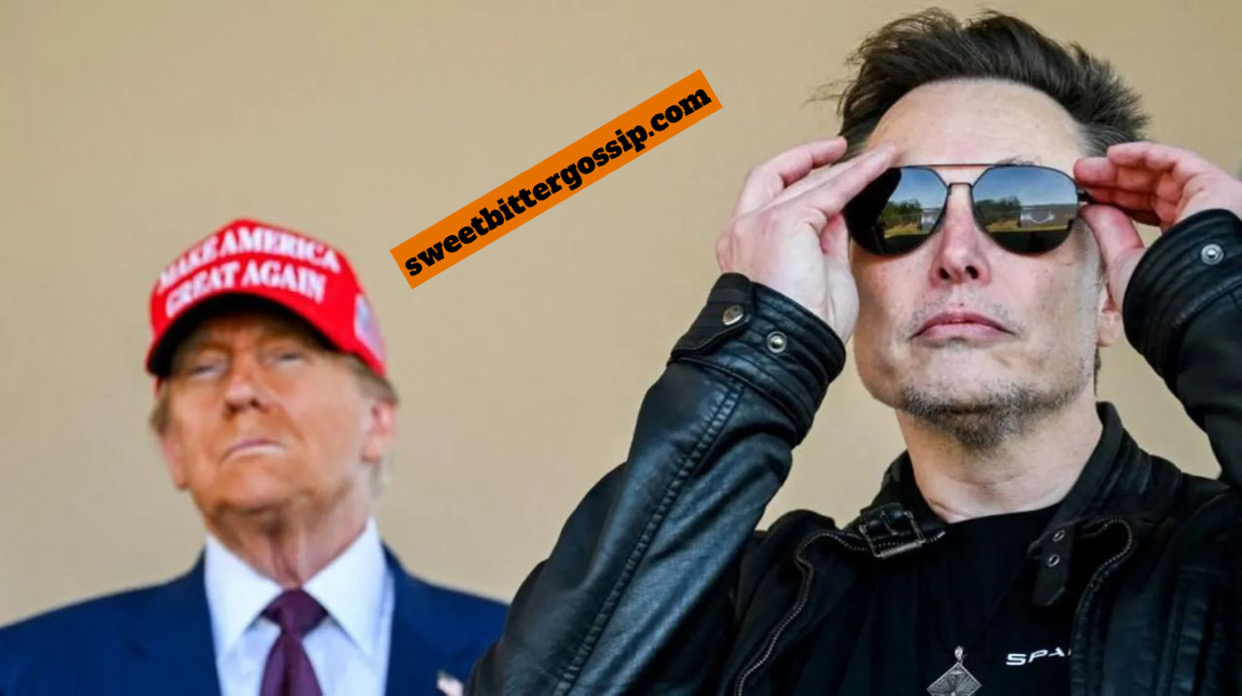A surprising turn of events unfolded this week in Congress as a potential bipartisan agreement to fund U.S. government operations and avoid a partial shutdown was disrupted. Conservatives in Congress, encouraged by tech billionaire Elon Musk, opposed the deal, triggering a political drama that underscored the chaos and unpredictability that may lie ahead under unified Republican leadership in Washington.
The man at the center of this week’s turmoil holds no official government title or role. However, Elon Musk wields significant influence, with hundreds of billions of dollars, a massive social media following, and direct access to not only the president of the United States but also rank-and-file conservatives in Congress.
On Wednesday morning, Musk used his platform, X (formerly Twitter), to publicly criticize a compromise proposed by Republican Speaker of the House Mike Johnson with Democrats. The deal was intended to temporarily fund government operations until mid-March. Musk’s tweets, which became numerous over the course of the day, amplified misleading or factually inaccurate claims by conservative commentators, further building opposition to the proposed agreement in Congress.
By Wednesday evening, former President Donald Trump, sensing the rising conservative revolt, also came out against the funding bill. Trump criticized the proposal for wasteful spending and for prioritizing Democratic interests. He also demanded that Congress take the politically sensitive step of either raising or removing the legal cap on newly issued U.S. debt, which the country is expected to hit next summer.
As a result, support for the stopgap spending bill quickly eroded. The vote failed when 38 Republicans joined most Democrats in voting against the proposal. This forced Speaker Johnson and his team to find an alternative solution, which Musk celebrated, claiming that “the voice of the people has triumphed.”
However, it may be more accurate to say that Musk’s voice triumphed. His influence was clear in the new Republican proposal that emerged Thursday afternoon. The new plan suspended the debt limit for the first two years of Trump’s second term, funded the government until March, and included measures like disaster relief that had been part of the original agreement.
Musk’s involvement in the shutdown crisis did not sit well with all legislators. Some Democrats joked about Musk potentially becoming “President Musk,” while a few Republicans expressed dissatisfaction with his influence. Pennsylvania Republican Glenn Thompson, when asked about Musk’s role, bluntly responded, “Who? I don’t see him in the chamber.”
Musk may have been a key instigator, but the ongoing funding crisis highlights the broader challenge facing the narrow Republican majority in the House of Representatives. For years, Republicans have struggled to maintain unity within their ranks, particularly given the presence of politicians who openly disdain the government they help to run. Internal divisions were evident during the election of Speaker Kevin McCarthy in January 2022 and his subsequent ousting in 2023. Johnson replaced McCarthy, but only after a period of leadership limbo.
Some Republicans had hoped that the election of Trump would help unite the party. They believed that Trump’s leadership would bring members of their slim majority into alignment to support the president’s agenda. And while some Republicans are supporting Trump’s policies, others are less certain.
“I think President Trump pretty much laid out the plan, so I don’t know what the discussions are about,” said Florida Congresswoman Anna Paulina Luna after a Republican meeting on Thursday afternoon.
This week’s events, however, revealed that Trump’s clear and consistent direction may not always be available. His insistence on raising the debt limit, for instance, caught many in his own party off guard. The involvement of external figures, such as Musk, only adds to the volatility of the process.
If Republicans cannot unite on key issues, they may find it difficult to secure legislative victories on their own. As this week demonstrated, necessary political compromises could lead to more Republican defections. This puts Trump’s legislative priorities in jeopardy even before he takes office, especially if the party fails to form a cohesive strategy.
The possibility of a lengthy government shutdown remains on the table unless a temporary budget resolution is passed. However, Trump’s early pressure has already exposed divisions within his own party. For Speaker Johnson, the damage may be more permanent. His authority over the House Republicans has been undermined, first by Musk’s influence and then by Trump’s intervention. This comes just weeks before Johnson faces re-election as Speaker.
One Republican, Thomas Massie of Kentucky, has already announced he will not support Johnson’s re-election. Others, including members of Johnson’s leadership team, have been noncommittal. Marjorie Taylor Greene, the outspoken Georgia congresswoman, even suggested Musk as a potential candidate for Speaker.
Meanwhile, Trump, the one figure who could offer Johnson a lifeline, has been vague on the issue. He stated that Johnson could “easily” remain Speaker if he “acts decisively and tough.” However, decisiveness may not be enough when every potential direction for the Speaker leads to a dead end. As Musk’s influence continues to disrupt Washington’s political landscape, it remains unclear how Republicans will navigate the complex challenges ahead.

